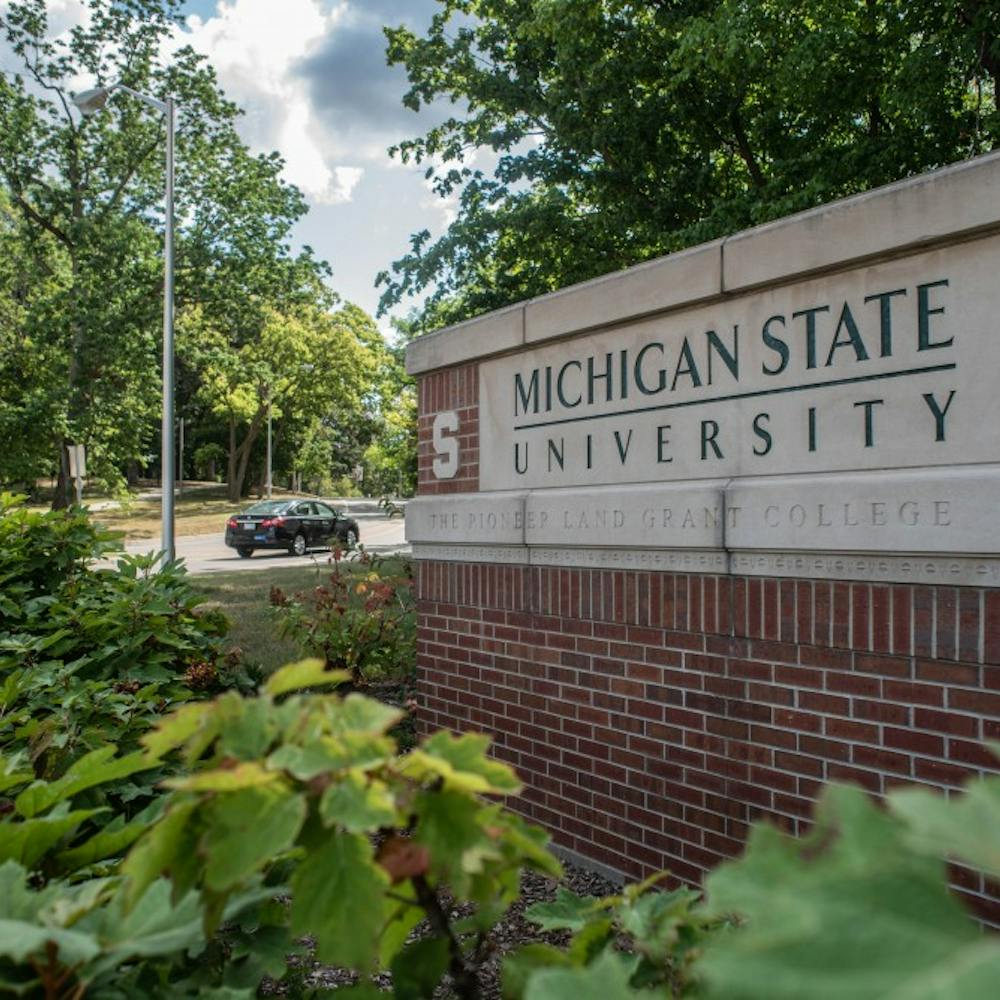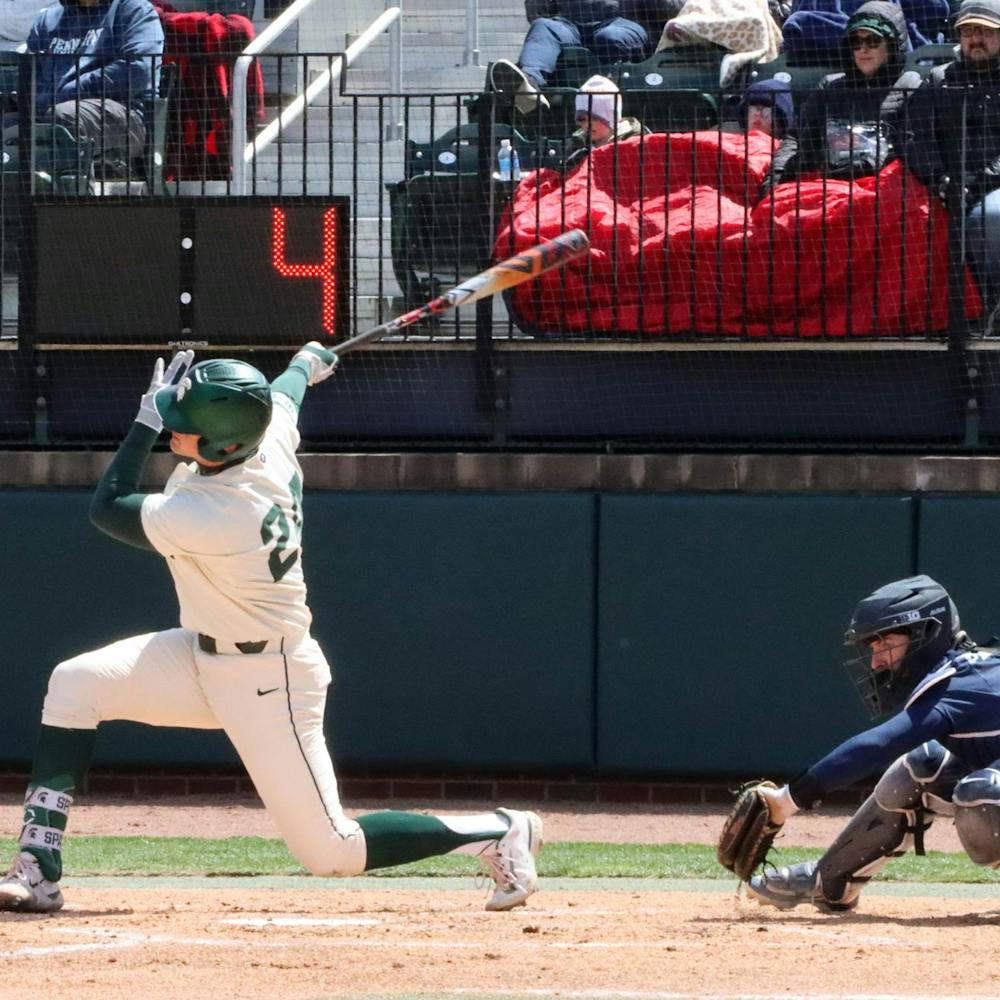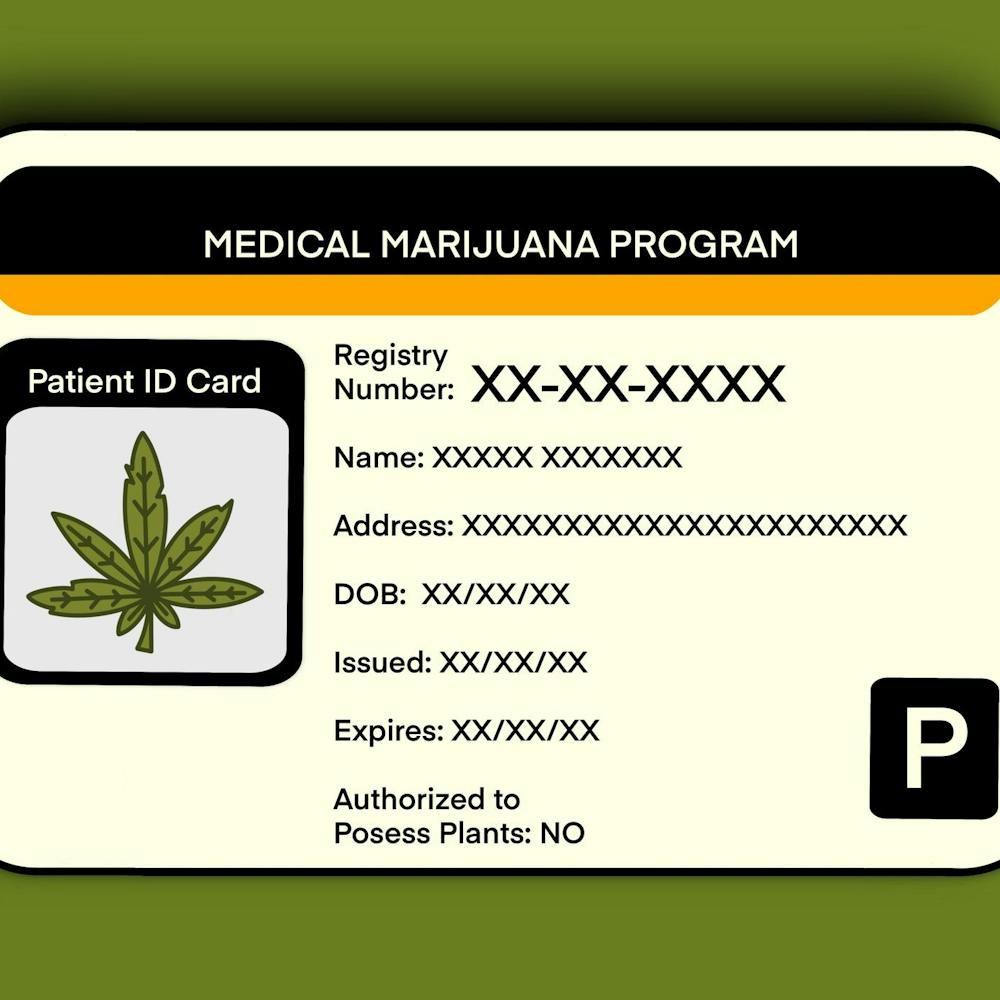Early decision admissions policies have been called a great way for students to get into their colleges of choice - but some critics say early is not always better.
Three Harvard University professors who recently completed a study on early decision said a greater number of students are applying earlier, and colleges have set lower standards for early applicants.
The 2000 study of 14 selective colleges showed there was a slight admissions advantage to students who applied with early decision. But the policies can take advantage of students because they bind them into attending the school if they are accepted, some university officials said.
MSU Provost Lou Anna Simon said none of MSU’s undergraduate programs use the early decision admissions policy. Instead, the school uses a rolling admissions policy, allowing the university to admit students year-round.
“We want to try and have a class that is representative of our land-grant tradition and academic quality aspirations,” Simon said. “The rolling admissions has worked historically well for us.”
She said she thinks the early decision process is used by private schools to take away highly regarded students from public institutions before students may realize a public school such as MSU might suit them better.
“The early admissions was a way to convert the people from going to the publics, and it has evolved,” Simon said.
A few programs on campus use early decision and similar programs to attract students. The College of Human Medicine offers the Medical Scholars Program, aimed at high school seniors.
Jay Bryde, admissions officer for the college, said students enrolled in the program focus their course of study on pre-med work. The work they complete will matriculate into medical school automatically when they finish their undergraduate work.
Bryde said she receives about 200 applications a year for the Medical Scholars Program, and the college selects about 10 of them. The college also receives about 15 early decision applicants and selects five, although Bryde said the college hopes to increase the number of early decision applicants.
Dr. Christine Shafer, assistant dean for admissions to the college, said early decision has some advantages, such as cutting the amount of time, money and work involved for students applying to college.
But she cautions a wrong decision could hurt a student.
“Can students at that age make that decision to go into medicine?” she said. “The downside is that they might just be making the wrong decision for down the road.
“If they see themselves as a perfect fit - a poster child for that school - they would be smart to apply for early admission.”
Al Johnson, counselor at St. Johns High School in St. Johns, said some of his students applied with early decision - and he could see why some colleges are using the policy for their advantage.
“They want to make sure their dorms are full,” he said. “Colleges are competing for the best students, and the best students have many doors open for them.”
Andrea Poulson, a music therapy freshman, said she is very interested in going to medical school, but isn’t sure the early decision policy benefits students.
“I’m kind of against it, just because it’s so hard to know what you want to do with just coming out of high school,” she said. “You can kind of back yourself into a corner.”
Despite possible benefits, Ron Fisher, director of the Honors College, said private schools that have low acceptance rates and fewer people applying for admission need early decision policies to compete with each other. The rolling admissions policy works well for MSU, since between 23,000 and 24,000 students applied to MSU last year, he said.
“The world at large public universities is very different from the world at small private schools,” he said.





